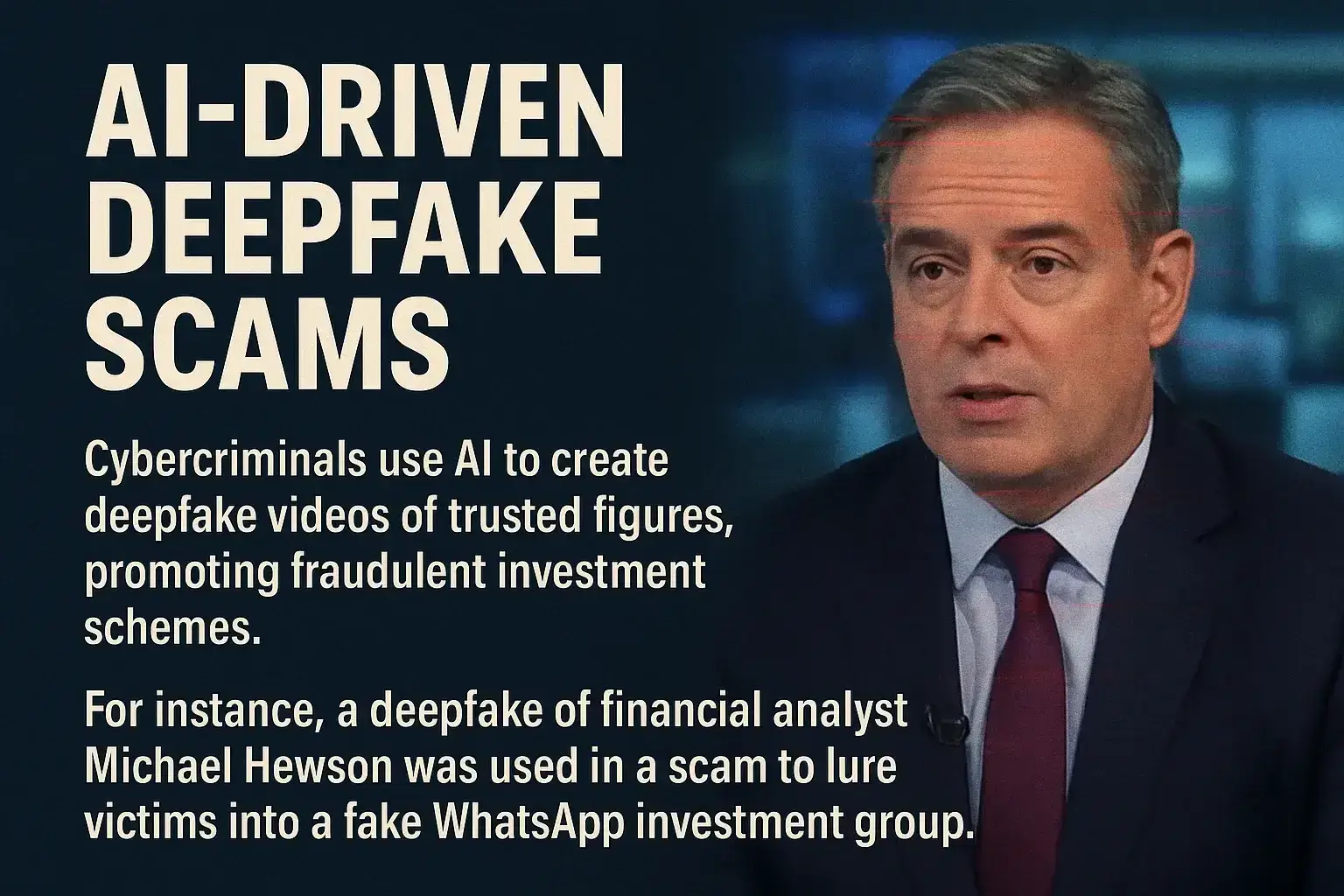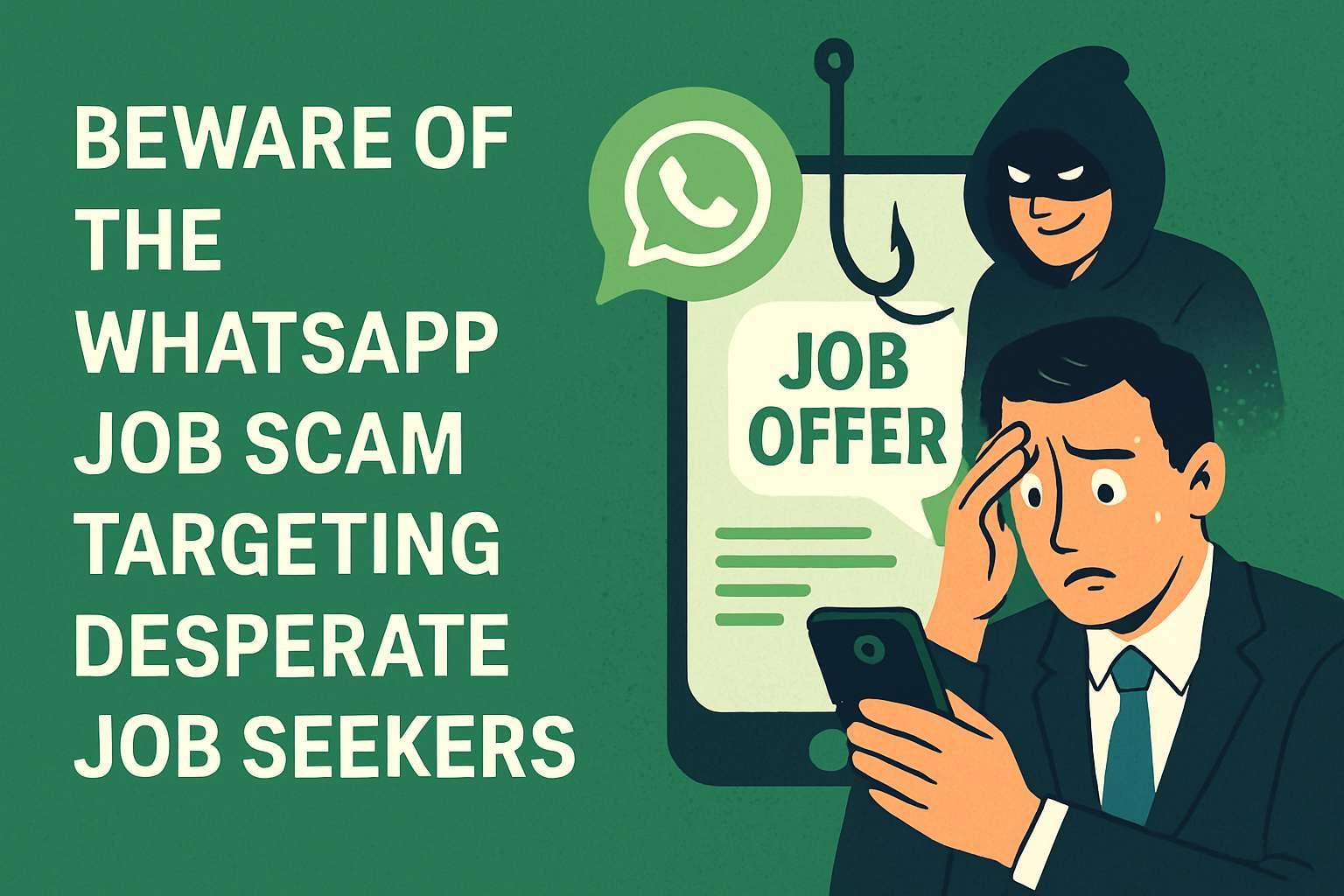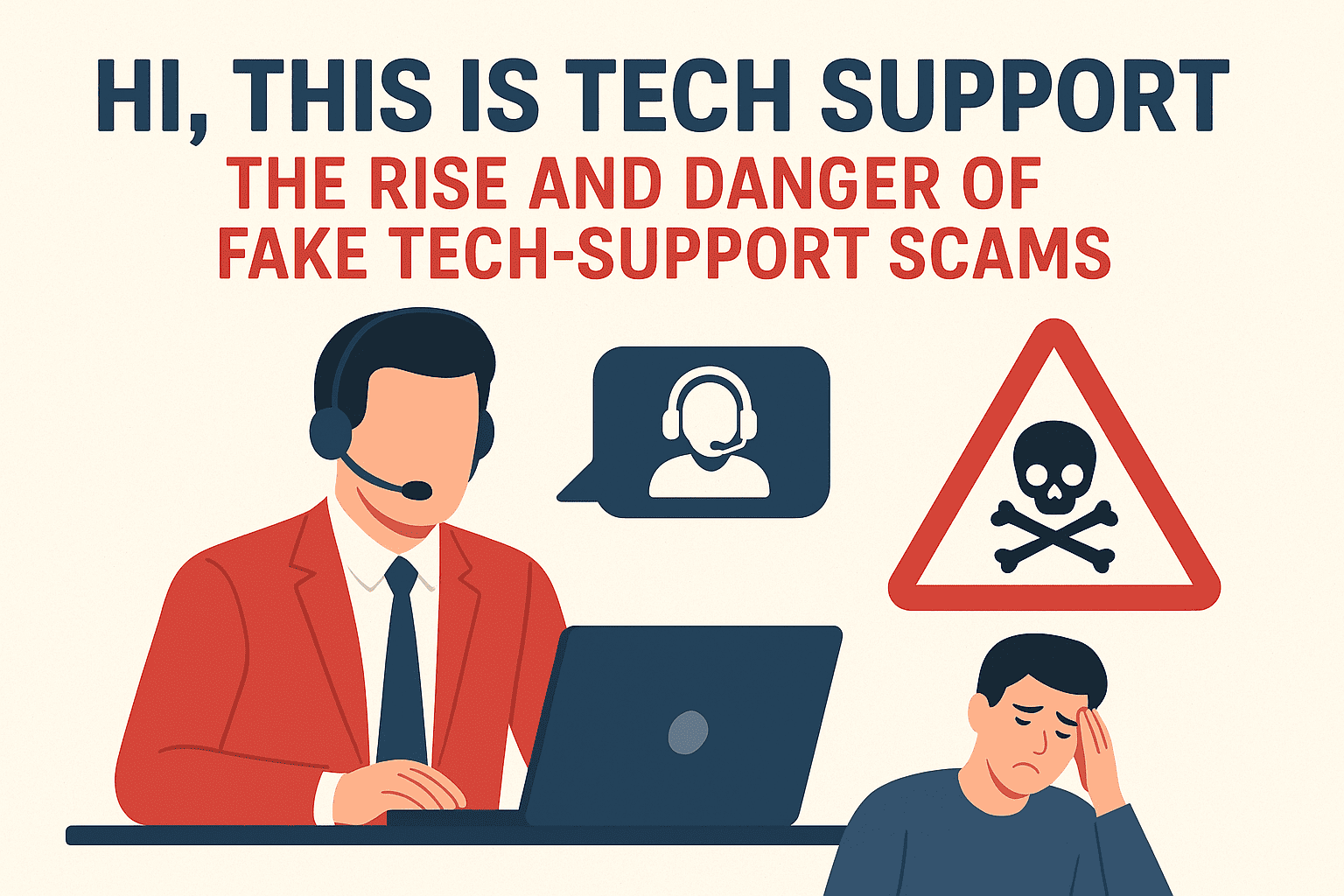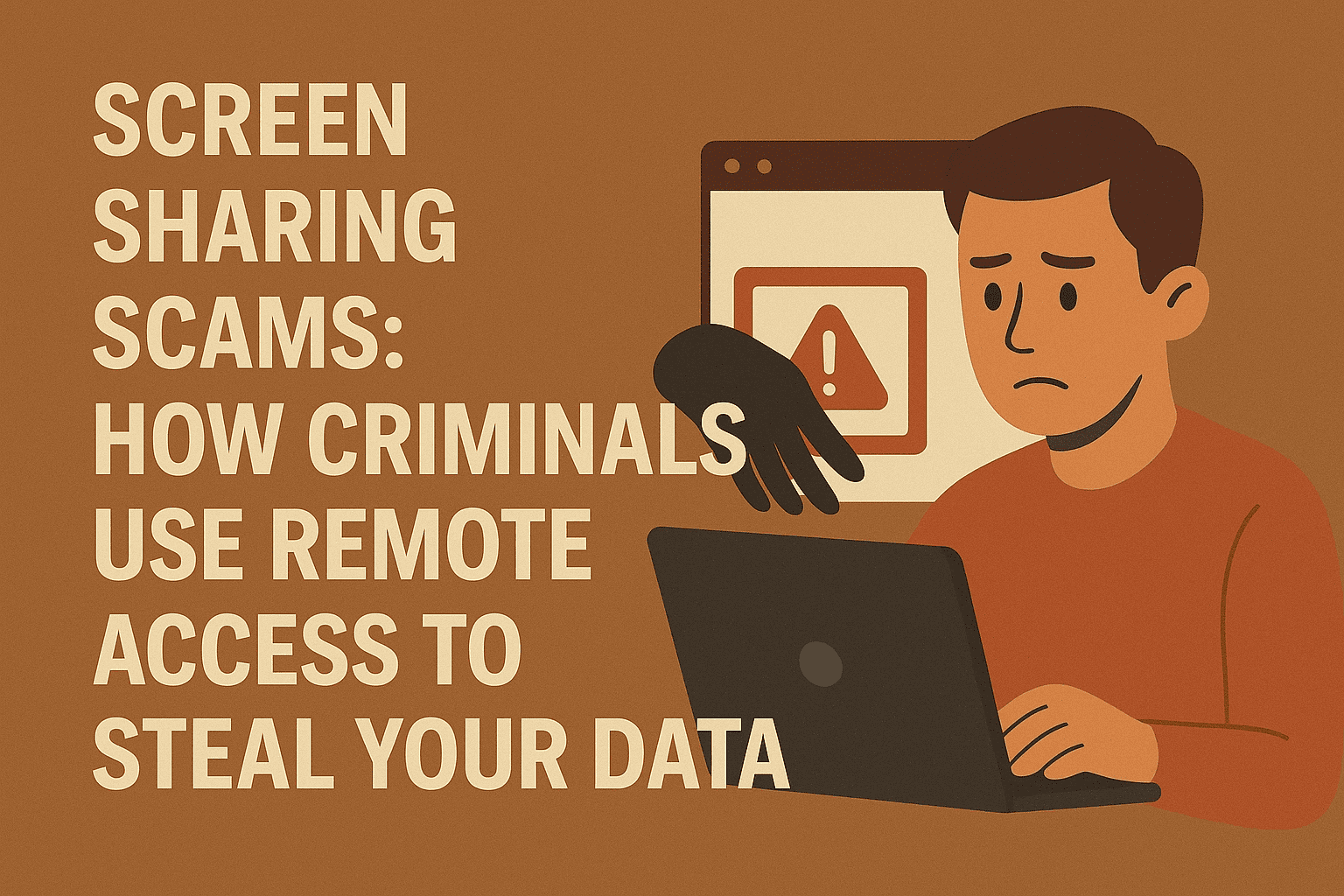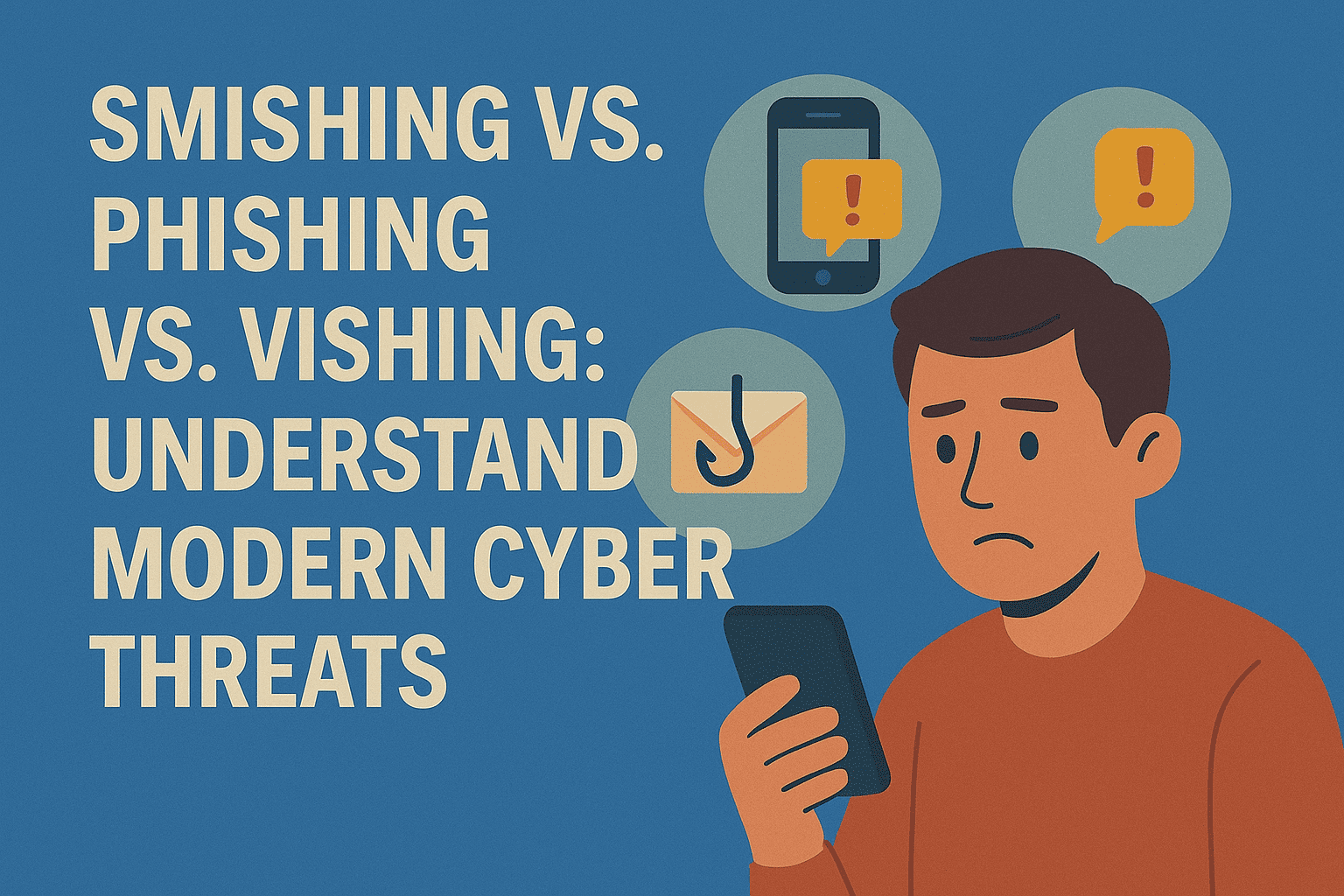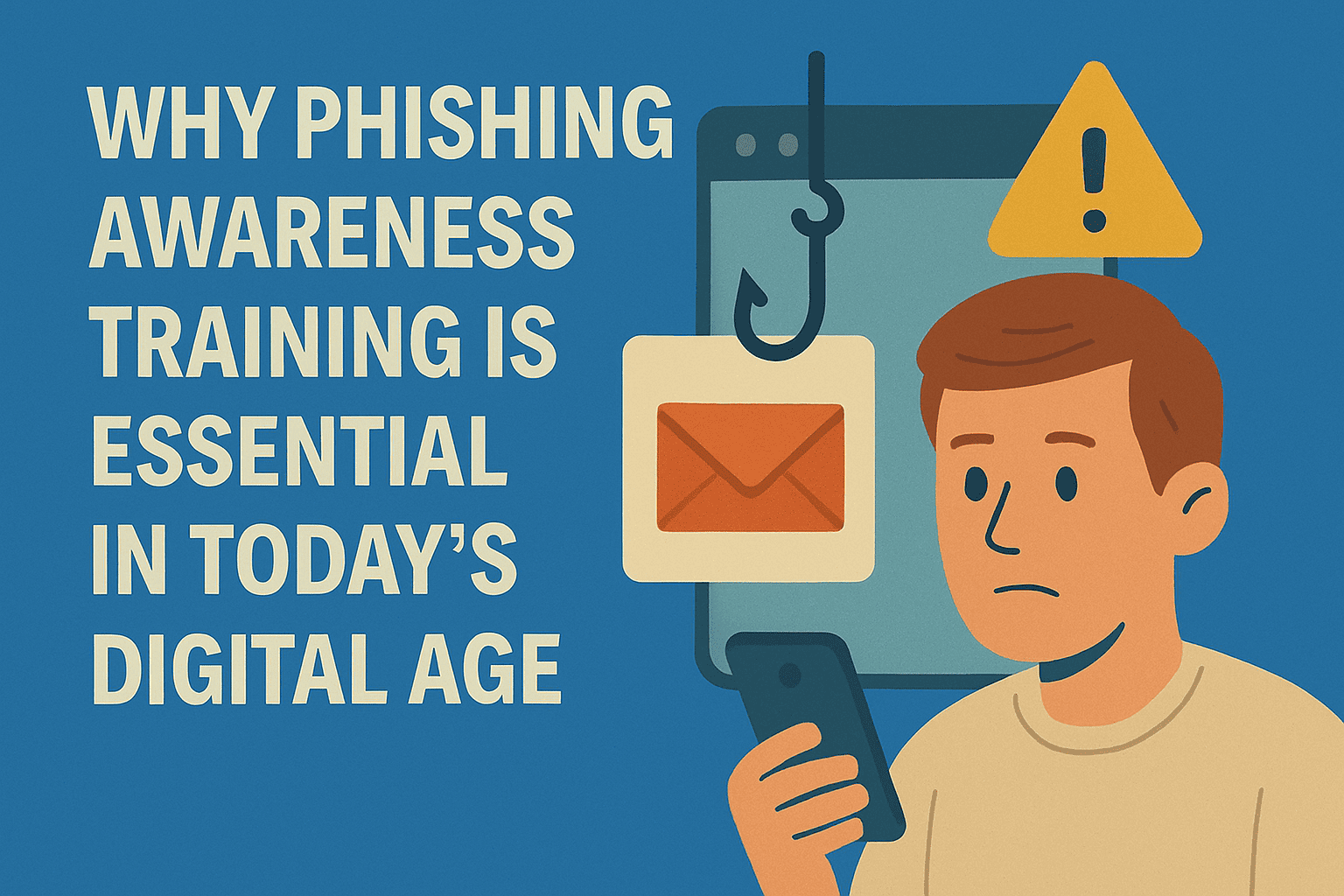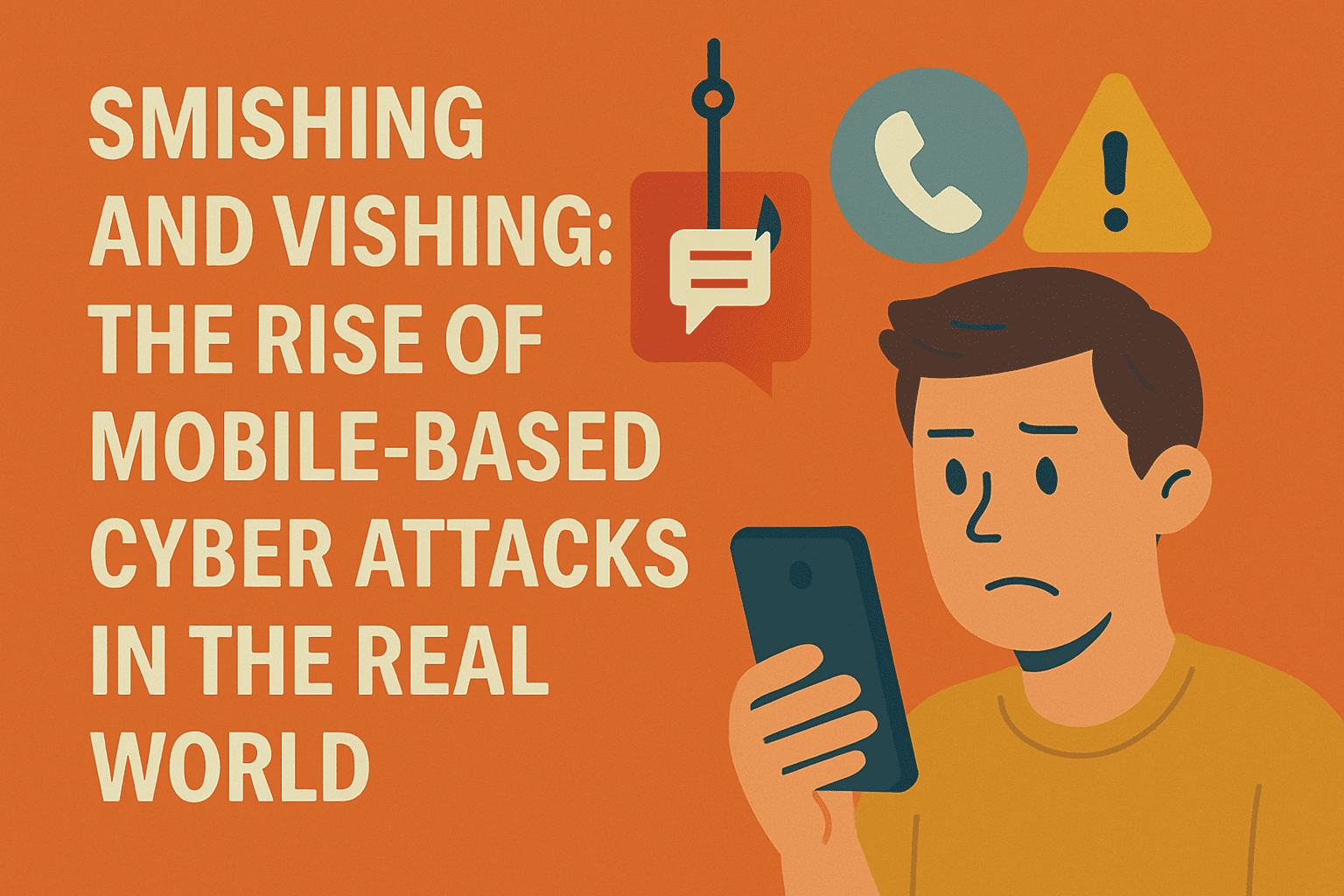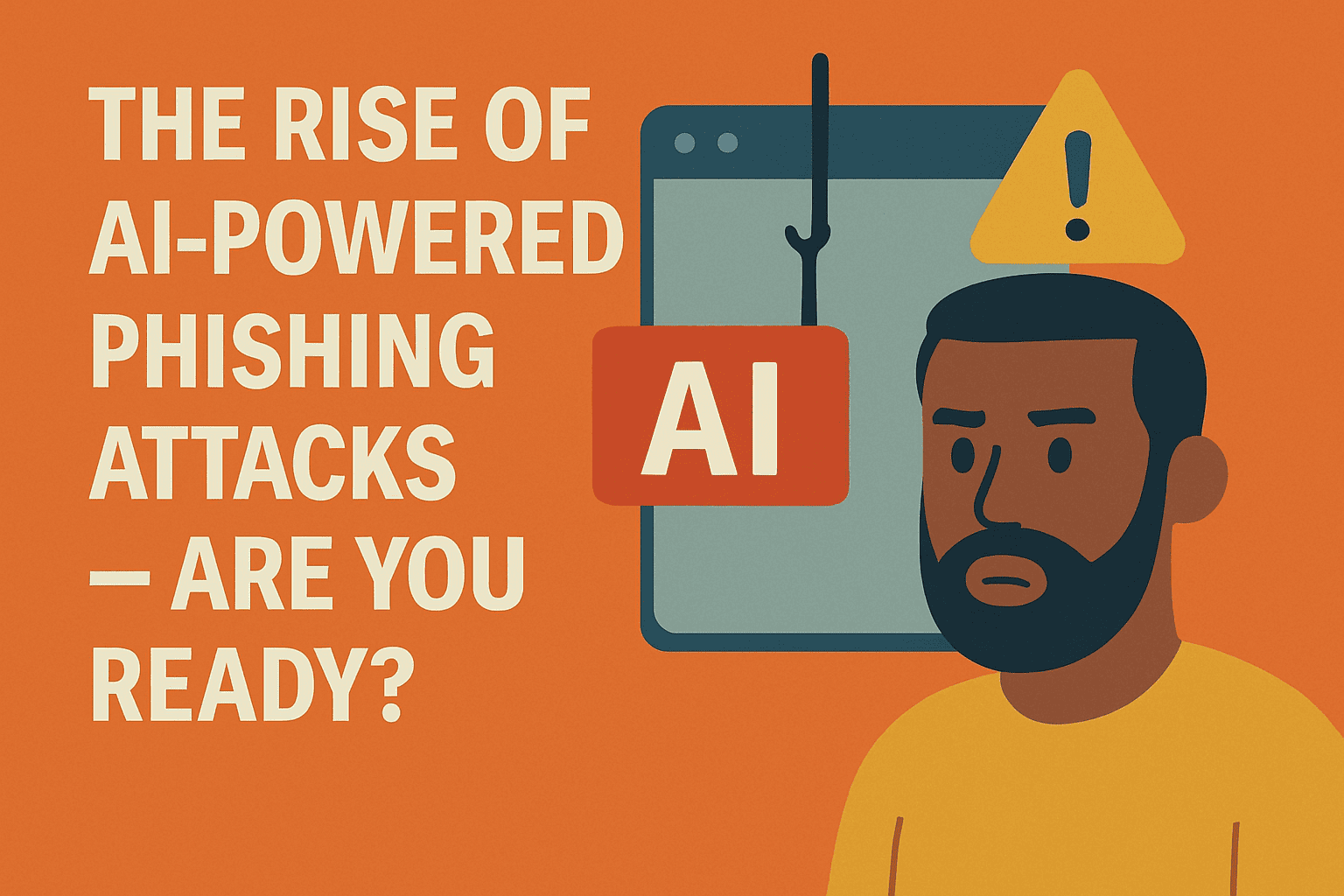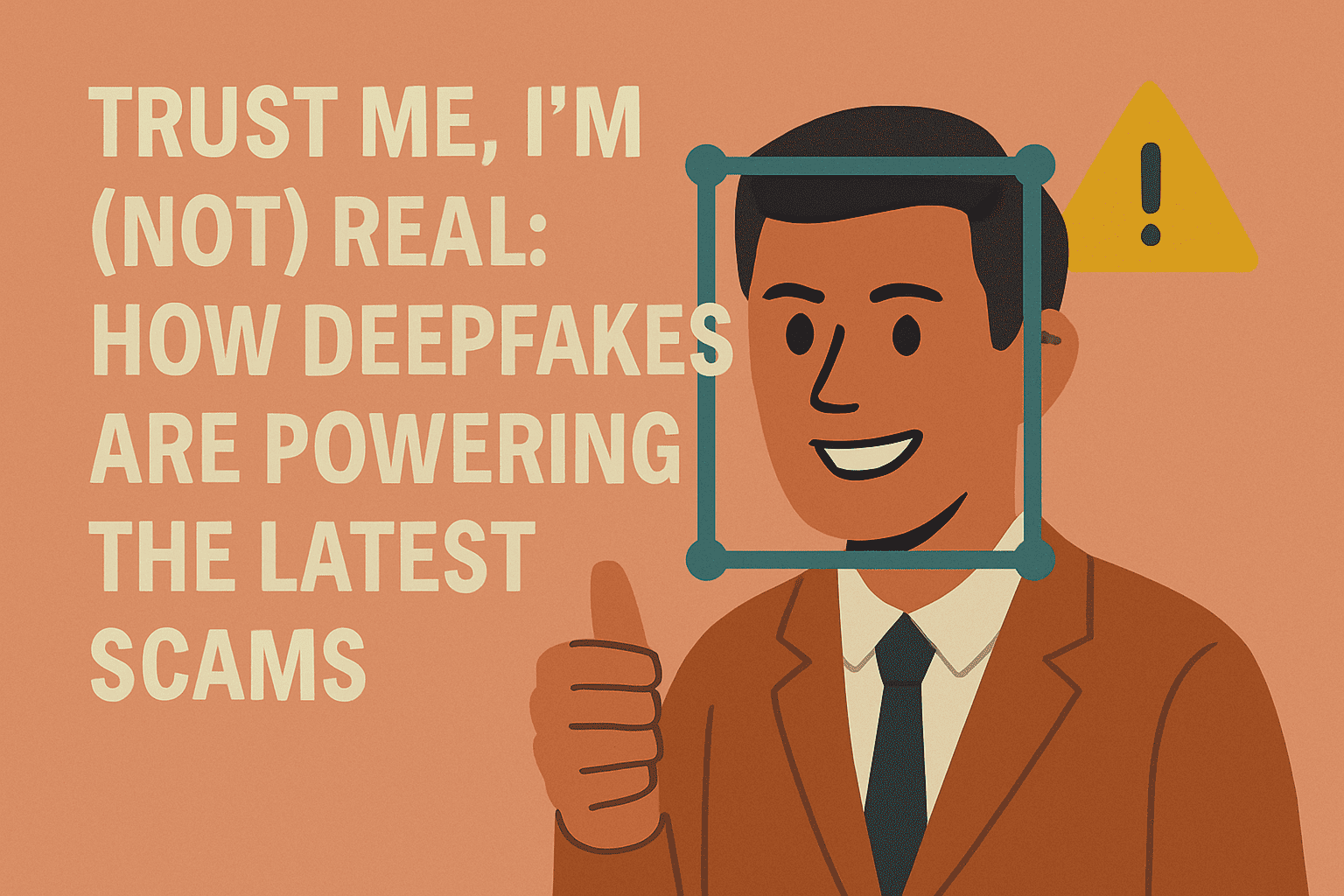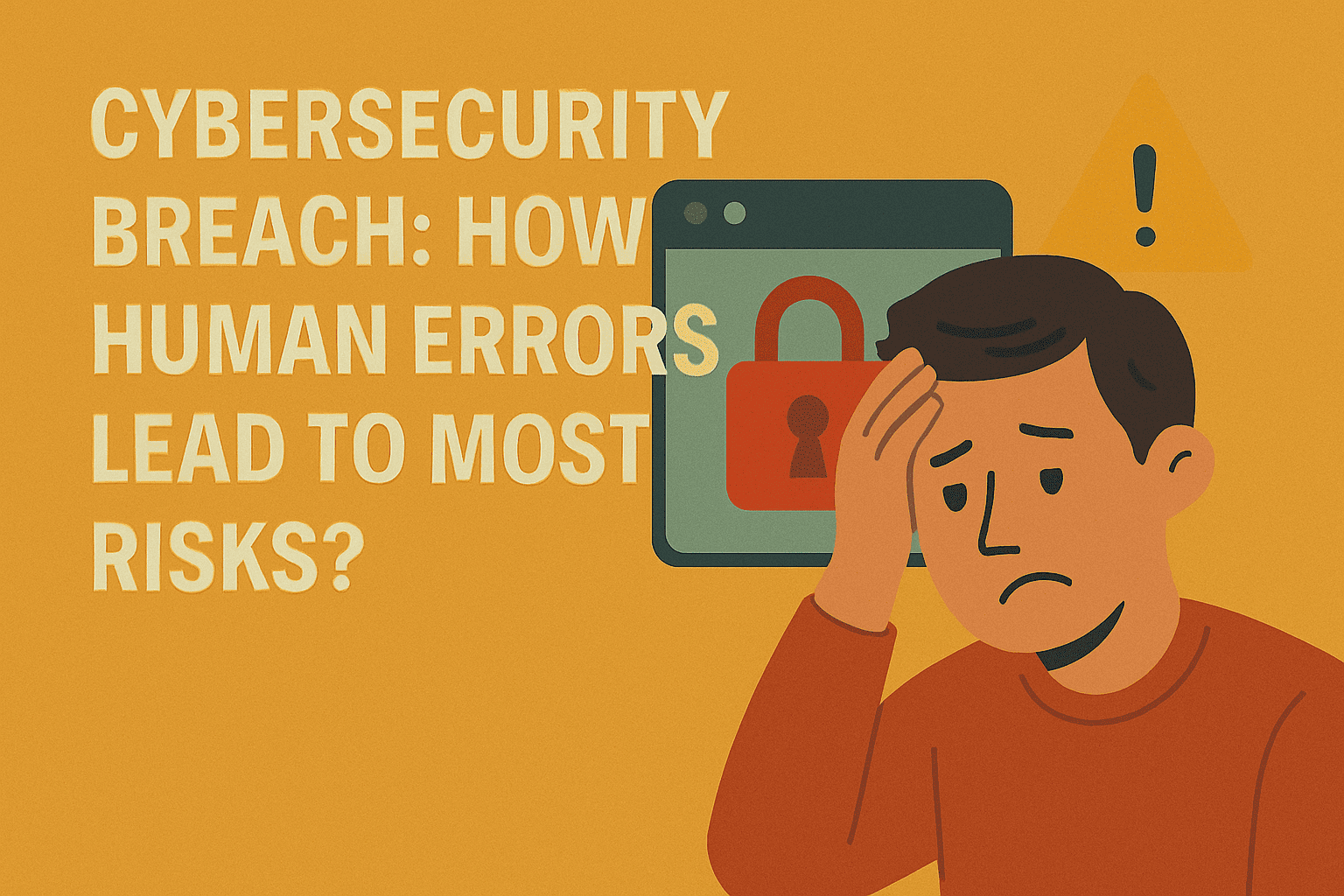AI-Driven Deepfake Scams
Cybercriminals use AI to create deepfake videos of trusted figures, promoting fraudulent investment schemes. For instance, a deepfake of financial analyst Michael Hewson was used in a scam to lure victims into a fake WhatsApp investment group.
AI-Driven Deepfake Scams: How Fake Faces Are Robbing Real Money
The rapid advancement of artificial intelligence has brought both innovation and danger. Among the most alarming trends in cybercrime is the use of AI-generated deepfake videos — manipulated digital content that appears real — to deceive and defraud people. India is witnessing a surge in such AI-Driven Deepfake Scams, particularly in the financial domain.
What Are Deepfake Scams?
Deepfake scams use AI to fabricate realistic videos or audio of real people — often trusted personalities like financial analysts, news anchors, or government officials — to promote fraudulent investment opportunities or trick people into sharing sensitive information.
How These Scams Work:
-
Impersonation with AI: Scammers use deepfake tools to create videos of well-known individuals seemingly endorsing a fake crypto, stock, or business scheme.
-
Social Media Spread: These videos are then circulated widely through WhatsApp, YouTube ads, Instagram reels, and Telegram channels.
-
Building Trust Quickly: Since the video appears to be from a known or respected figure, victims feel confident enough to invest.
-
Fraudulent Investment Group: Victims are often invited to join fake WhatsApp or Telegram groups where scammers act like successful investors.
-
Vanishing Act: Once enough people have deposited money, the scammers disappear, and the fake platform is taken down.
Real Incident:
In one recent case, cybercriminals used a deepfake of Michael Hewson, a well-known financial market analyst, to promote a fake WhatsApp investment group targeting Indian investors. Victims reported seeing highly convincing videos and were lured into depositing lakhs into fake schemes.
Red Flags to Watch Out For:
-
Too-good-to-be-true investment promises
-
Videos of public figures endorsing unknown schemes
-
Urgent calls to "join now" or "invest quickly"
-
Links leading to WhatsApp/Telegram groups or unofficial websites
-
Lack of verified business registration or licensing
How to Stay Safe:
-
Verify every video or message before acting. Search for official statements or warnings.
-
Avoid investing based on WhatsApp/YouTube recommendations from unknown sources.
-
Report fake videos to platforms and authorities.
-
Install antivirus software and enable 2FA on financial accounts.
-
Always check SEBI/RBI registrations for financial entities.
What to Do If You’re a Victim:
-
Report immediately to the cybercrime portal: www.cybercrime.gov.in
-
Save the video, chat messages, and payment screenshots
-
Contact your bank to halt or reverse any suspicious transactions
-
Share alerts with friends and family to raise awareness
The Bigger Threat:
Deepfake technology is evolving rapidly. What started as humorous content has now become a weapon for social engineering and fraud. As AI tools become easier to access, these scams will only grow unless individuals stay informed and skeptical of what they see online.
Stay aware, verify before you trust, and always think twice before clicking "invest."

